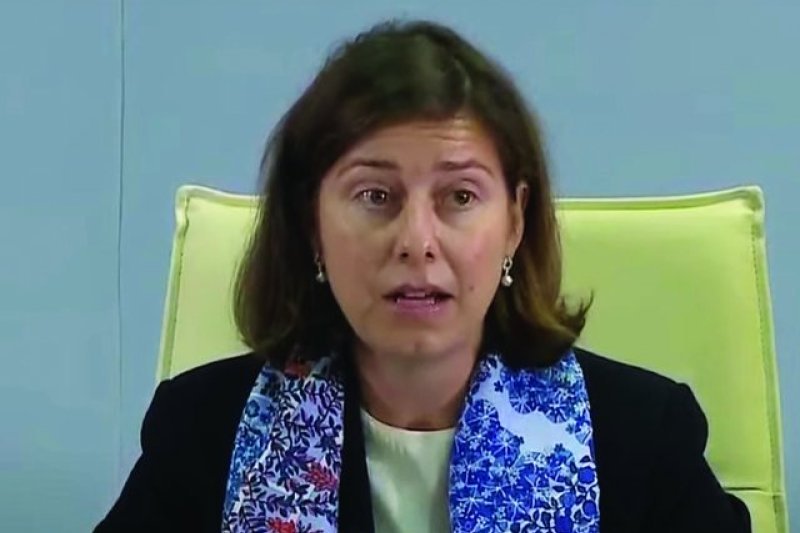Broad Approach to Structural Reforms Needed
The International Monetary Fund (IMF) expects the Albanian economy to grow by 3.5% in 2025, driven by domestic demand and the continued expansion of the tourism sector.
Anke Weber, head of the IMF mission for Albania, said in an interview for Monitor that Albania has the opportunity to accelerate growth, which will be influenced by tourism, especially if it is supported by sustainable foreign investments.
She added that structural reforms, within the EU integration process, can significantly increase the economic potential.
Although base effects from the sharp decline in prices in early 2024 may boost inflation in the first half of 2025, a sustained return to the inflation target is not expected before 2026.
Domestic policies are expected to support economic growth in 2025. Fiscal policy will focus on maintaining a zero primary balance, in line with fiscal rules. At the same time, an increase in capital expenditure and local government investment is expected, supported by measures that are received for increasing income, such as VAT and income tax.
According to Weber, the main risks Albania may face include geopolitical tensions and a slowdown in global economic growth, which could reduce demand from trading partners and weaken domestic economic activity.
Tightening energy prices or adverse climate impacts can increase production costs and fuel inflation.
A drop in tourism demand, as a result of global shocks, could affect the value of the currency and the real estate sector by increasing non-performing loans.
On the other hand, Albania has opportunities to promote economic growth, Weber said, adding that tourism performance can exceed expectations, especially if supported by sustained foreign investment. Structural reforms, within the EU integration process, can significantly increase the economic potential.
She noted that the government must be prepared to intervene with targeted measures, such as fiscal support for the most affected and monetary policy adjustments to manage inflation. Priority should be given to reforms that increase competitiveness, improve institutions, and strengthen financial stability.
Diversification of energy sources and measures for the stability of the financial sector is important to withstand external shocks and guarantee long-term sustainability.
To address the high rate of immigration and labor market bottlenecks, while fostering sustainable growth, Albania needs a broad approach to structural reforms, the IMF representative said.
Increasing productivity is essential, with a focus on improving SMEs' access to finance, adapting vocational education and training to the needs of the labor market, advancing the digitization process, and expanding access to childcare to increase participation in the workforce.
The priority should be the development of infrastructure, including the modernization of transport and the diversification of renewable energy sources, in addition to hydropower.













